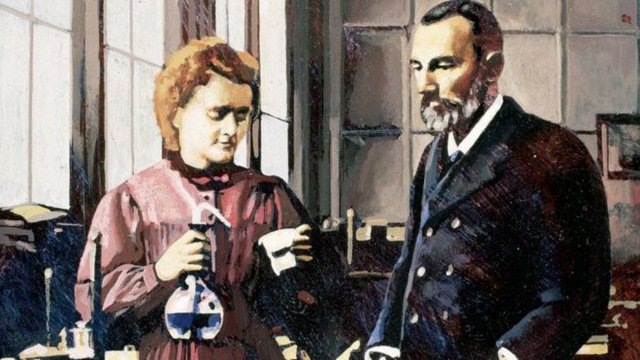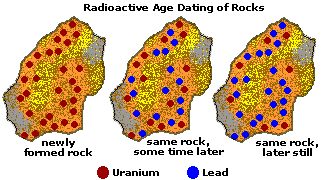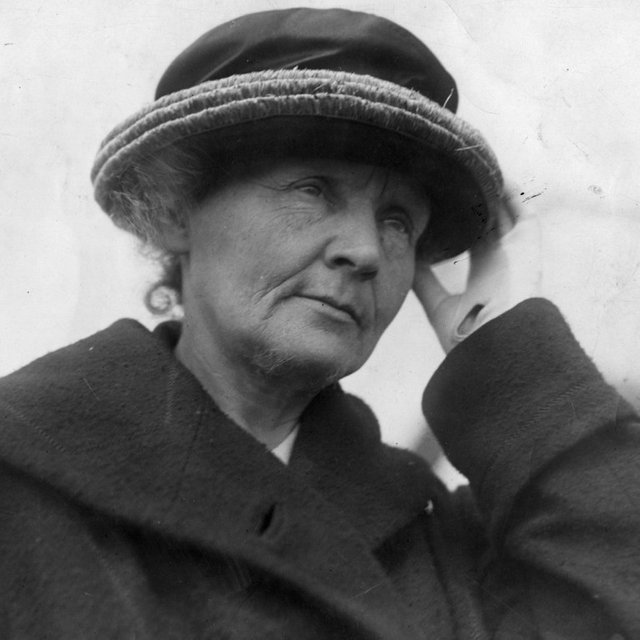He was born on November 7, 1867 in Warsaw (Poland).
She was the last of the five children of the teachers Bronislawa Boguska, and Wladyslaw Sklodowski, who taught mathematics and physics.
When he was ten years old he began attending the boarding school of J. Sikorska; later he attended a school for girls, in which he graduated on June 12, 1883 with a gold medal. She suffered a collapse, possibly due to depression, and spent a year in the field with relatives of her father, and the following year with her father in Warsaw, where she gave private classes because it was not possible to enroll her in a higher education institution for being woman. Together with her sister Bronislawa, she entered the clandestine Uniwersytet Latajacy, a higher education institution that did admit female students.
In 1891 he left for Paris, where he changed his name to Marie. In 1891 he enrolled in the science course of the Parisian University of the Sorbonne. After two years, he finished his physics studies with number one of his class. He shared his study time with learning and acting in an amateur theater.

Source
In 1894 he met Pierre Curie. At that time, the two worked in the field of magnetism. At the age of 35, Pierre Curie was a brilliant hope in French physics. He immediately fell in love with that fine and almost austere 27-year-old Polish woman who shared her altruistic faith in science. After Pierre proposed marriage and convinced her to live in Paris, on July 26, 1895 they celebrate their wedding with extreme simplicity: no party, no wedding rings, no white dress. The bride wears that day an ordinary blue suit and then, with her boyfriend, he rides a bicycle to start the honeymoon on the roads of France. The couple had two daughters, one of whom also won a Nobel Prize: Irène Joliot-Curie and her husband, Frédéric, received the Nobel Prize in Chemistry in 1935 for obtaining new radioactive elements.
Marie Curie was interested in the recent discoveries of the new types of radiation. Wilhelm Roentgen had discovered X-rays in 1895, and in 1896 Antoine Henri Becquerel discovered that uranium emitted similar invisible radiations. For all this he began to study the uranium radiations and, using the piezoelectric techniques invented by Pierre, he carefully measured the radiations in the pitchblende, a mineral that contains uranium. When he saw that the radiations of the ore were more intense than those of the uranium itself, he realized that there had to be unknown elements, even more radioactive than uranium. Marie Curie was the first to use the term 'radioactive' to describe the elements that emit radiation when their nuclei decompose.
Her husband finished his work on magnetism to join his wife's research, and in 1898 the marriage announced the discovery of two new elements: polonium (Marie gave it that name in honor of his country of birth) and radio. During the following four years the marriage, working in very precarious conditions, treated a ton of pitchblende, from which they isolated a fraction of a gram radius.
In 1903 they were awarded the Nobel Prize in Physics for the discovery of radioactive elements, which they shared with Becquerel. However, for them, this glory is a "disaster"; Very reserved both, devoured by the same passion for the investigation, suffer when being separated of her and when seeing his laboratory assaulted by inopportune people, his modest Parisian pavilion invaded by the journalists and the photographers. To the frivolities that weigh them, an increasingly bulky mail is added, which is occupied on Sundays. Marie Curie became the first woman to receive this award.
Source
With these advances we can nowadays know with greater accuracy the age of the earth, understand the processes that happened in the past and that are repeated in the present with greater or equal intensity, allowed us to create the chrono stratigraphy in which we can see the age of the different rock formations and thus classify and differentiate them. Without doubts that thanks to Marie Curie the geology advanced a lot without its contribution we would be speaking very ambiguously.

Source
I really love talking about this woman, without a doubt that if we talk about great scientists, Einstein, Newton, Pascal, Freud, always come to mind.
And they all have something in common, and that is that they are men, by then the scientific world was dominated by men, Marie changed paradigms, was and is an inspiration for all women. And not only for women, also for men, my admiration for her is total.
I hope you liked my contribution, I say goodbye to you, we read in a next opportunity



This post has received a 3.26 % upvote from @boomerang.
What a good summary of the achievements of this valuable MARIE CURIE woman, no doubt that is inspiration for any woman.
Congratulations! This post has been upvoted from the communal account, @minnowsupport, by luisveco88 from the Minnow Support Project. It's a witness project run by aggroed, ausbitbank, teamsteem, theprophet0, someguy123, neoxian, followbtcnews, and netuoso. The goal is to help Steemit grow by supporting Minnows. Please find us at the Peace, Abundance, and Liberty Network (PALnet) Discord Channel. It's a completely public and open space to all members of the Steemit community who voluntarily choose to be there.
If you would like to delegate to the Minnow Support Project you can do so by clicking on the following links: 50SP, 100SP, 250SP, 500SP, 1000SP, 5000SP.
Be sure to leave at least 50SP undelegated on your account.
Congratulations! This post has been awarded a 100% upvote by @lottobot! This post was the winner of lottery #1565, which had a total of 2 entries. @lottobot always has a lottery going on! If you would like to nominate a post for the current lottery, just send 0.1 SBD or STEEM to @lottobot, and include the url of the post you would like to nominate as a memo. Learn more by reading the introductory post! Good luck!